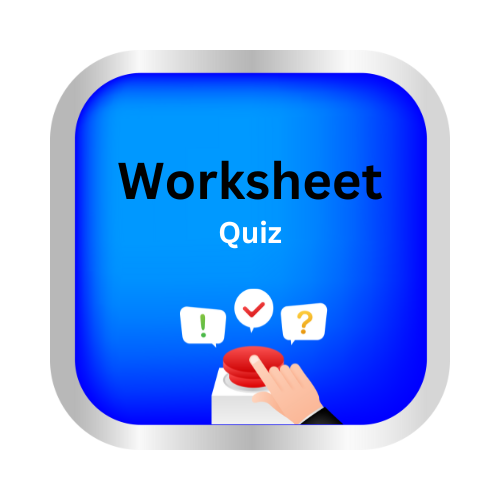Determine the meaning of words using synonyms in context
Key Notes:
| What are Synonyms? |
Definition: Synonyms are words that have similar meanings. They can be used interchangeably in some contexts, although their connotations (emotional associations) might differ slightly. For example, happy and joyful are synonyms.
Knowing synonyms helps you expand your vocabulary and understand new words more easily. When you encounter an unfamiliar word, looking for a synonym can unlock its meaning.
| How Context Helps |
Context refers to the surrounding words, phrases, and sentences that provide clues about a word’s meaning. By analyzing the context, you can often infer the meaning of an unknown word, especially when synonyms are used nearby.
A synonym doesn’t have to be in the very same sentence as the word you’re trying to understand. It could be in a nearby sentence.
| Examples of Synonyms in Context |
Let’s look at some examples of how to use synonyms in context to determine the meaning of words:
Example 1: “The old house was dilapidated, almost ruined after years of neglect.”
- In this sentence, “ruined” is a synonym for “dilapidated.” Therefore, “dilapidated” means in a state of disrepair or ruin.
Example 2: “She felt a profound sense of melancholy, a deep sadness that lingered for days.”
- Here, “sadness” clarifies the meaning of “melancholy.” Thus, “melancholy” means a feeling of pensive sadness, typically with no obvious cause.
Example 3: “The speaker’s eloquence, or fluent and persuasive speech, captivated the audience.”
- In this example, the phrase “fluent and persuasive speech” serves as a synonym/explanation of “eloquence.” Thus, “eloquence” means fluent or persuasive speaking or writing.
| Tips for Using Synonyms to Infer Meaning |
| 1. Identify the Unknown Word First, pinpoint the word you don’t understand in the sentence or passage. 2. Look for CluesSearch for synonyms or phrases that have similar meanings nearby. 3. Consider the Overall ContextThink about the general idea of the sentence or passage. How does the unknown word fit in? 4. Substitute the SynonymReplace the unknown word with the synonym you’ve identified. Does the sentence still make sense? 5. Verify Your InferenceCheck a dictionary or thesaurus to confirm the meaning if you’re unsure. | Example:“ The painting was incredibly vibrant, full of bright and lively colors. “Unknown word: vibrant Synonym: lively Context: The sentence describes a painting. Substitution: “The painting was incredibly lively, full of bright and lively colors. “Inference: “Vibrant” means full of energy and enthusiasm or bright and striking. |
| Practice Exercise |
Read the following sentences and use synonyms to determine the meaning of the bolded words:
- The old knight was valiant, full of courage and bravery as he entered the dragon’s lair.
- The queen was quite affluent, possessing lots of money and wealth.
- The evidence was circumstantial, only suggesting his guilt rather than directly proving it.
- The man was despondent, and full of hopelessness and despair.
- The plan was meticulous, paying extreme attention to detail and being very precise.
| Summary |
Understanding how to use synonyms in context is a powerful tool for vocabulary building and reading comprehension. By identifying synonyms and considering the surrounding context, you can effectively infer the meaning of unfamiliar words. Keep practicing these strategies to improve your language skills!
Let’s practice!

